EU Grapples Over Virus Recovery As Global Death Toll Passes 600,000
European Union leaders were due to meet for a third day Sunday to try and agree on a giant post-coronavirus economic recovery plan as the global death toll climbed to more than 600,000, an AFP tally showed.
The pandemic, which has spawned economic mayhem worldwide, also saw the G20 -- the world's most industrialised nations -- consider extending debt relief for coronavirus-hit poor countries in the second half of 2020.
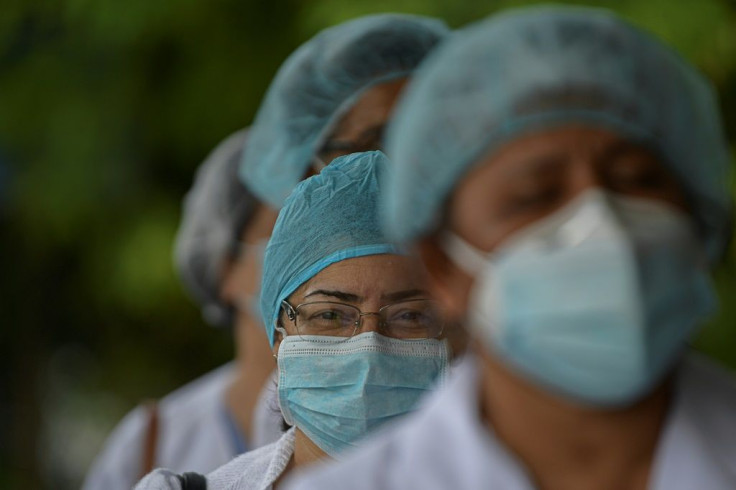
EU leaders in Brussels remained deadlocked Saturday over the COVID-19 recovery plan due to resistance from the Netherlands and its "frugal" allies: Austria, Denmark, Finland and Sweden.
European Council president Charles Michel was expected to propose another plan to the 27 leaders at noon (1000 GMT) Sunday after his blueprints for a 750-billion-euro ($850 billion) package were refused by the richer northern member states.
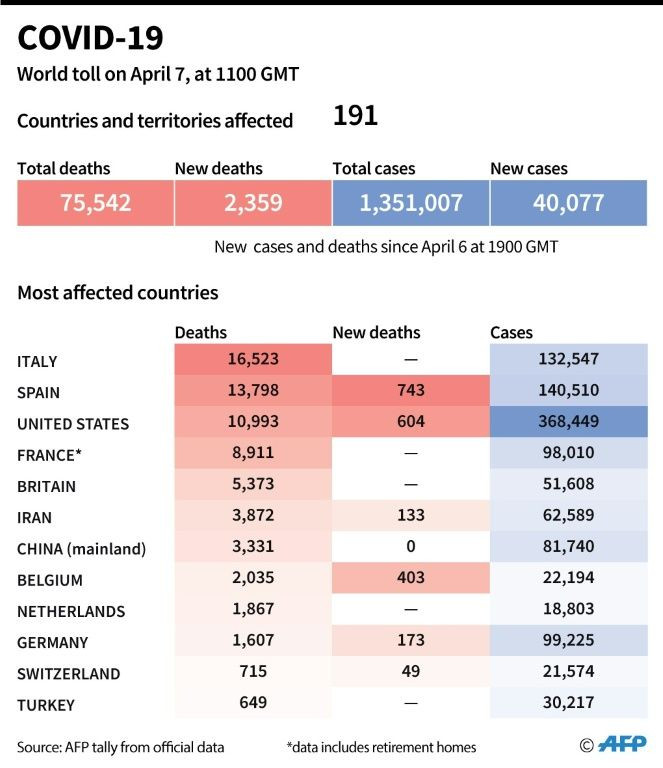
Michel's latest proposal would keep the total recovery budget at 750 million euros, but shift the balance slightly from grants -- down from 500 million to 450 million -- to loans, which rise from 250 million to 300 million, according to a document seen by AFP.
Dutch Prime Minister Mark Rutte has insisted member states retain final approval of any funding -- an effective veto -- for recipients.
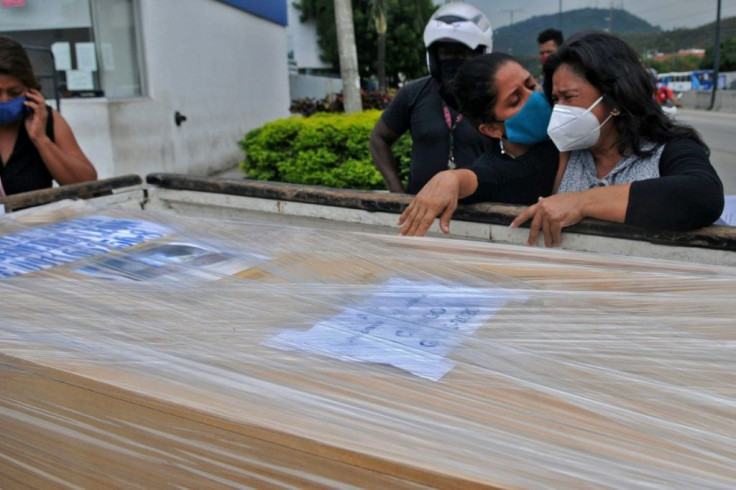
He says EU oversight is necessary to oblige countries like Spain and Italy to reform their economies to handle future crises better.
Michel's latest plan includes a "super emergency brake" that gives any country a three-day window to trigger a review by all member states of another's spending plans.
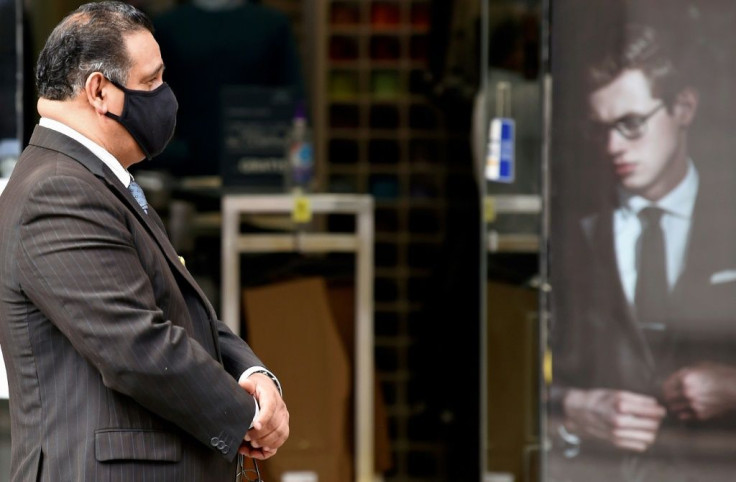
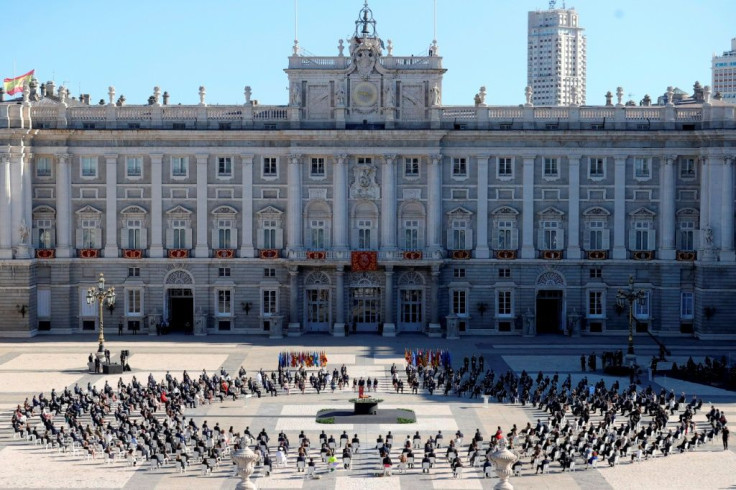
Meanwhile Barcelona, one of Europe's most visited cities, effectively went back into lockdown Saturday.
Spain's COVID-19 death toll of 28,420 is one of Europe's worst and the country has identified more than 150 new virus clusters across the country.
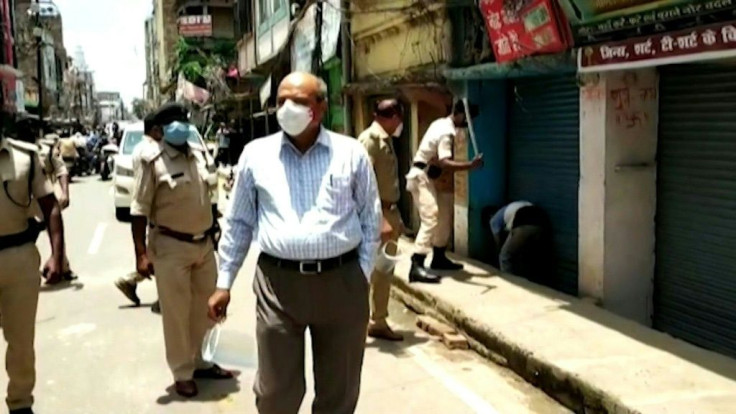
The regional government of Catalonia urged nearly four million residents of metropolitan Barcelona to stay home unless absolutely necessary, banning gatherings of over 10 people and shutting cinemas, theatres and nightclubs, after the number of new cases tripled in a week.
The virus has now killed 600,523 people and infected over 14.2 million worldwide, an AFP count based on official data showed, as the disease continues to surge across the globe despite months of unprecedented lockdowns.
The number of deaths linked to COVID-19 has doubled in just over two months, and more than 100,000 new deaths have been registered in the three weeks since June 28.
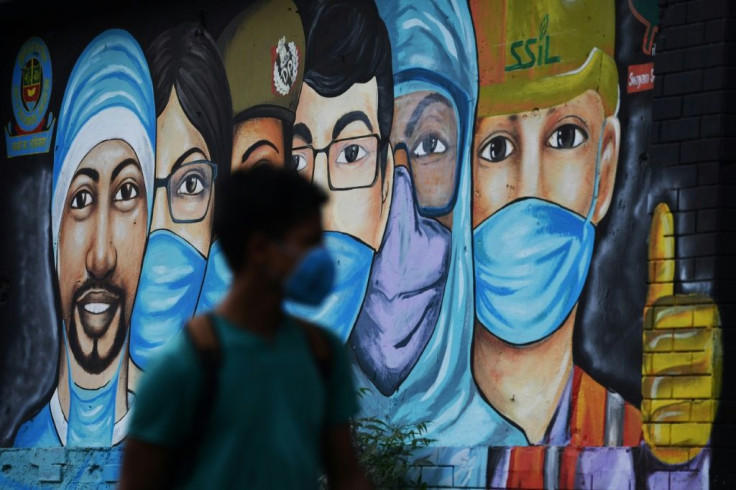
The US, the hardest-hit country in the pandemic, on Saturday added more than 60,000 new cases, raising its total to 3.7 million, with almost 140,000 deaths.
France, where masks will be compulsory in indoor public spaces from Monday, was closely watching coronavirus clusters in neighbouring Spain, Prime Minister Jean Castex said, less than a month after the border between the two countries was reopened.
When asked about possible border closures, Castex responded: "It is a real issue that we also need to discuss with the Spanish authorities".
India hit one million cases on Friday, the day Brazil topped two million -- although the World Health Organization said Brazil's contagion has "plateaued" with the rate of infection stabilising after 77,000 deaths.
World Bank President David Malpass on Saturday called for a debt suspension initiative for poorer coronavirus-hit countries to be extended through the end of 2021, while multiple charities said it needs to be stretched through 2022 to avert a "catastrophe for hundreds of millions of people".
In their final statement after virtual talks hosted by Riyadh, G20 ministers and bankers said they would "consider a possible extension of the (debt suspension initiative) in the second half of 2020."
So far, 42 countries have applied for the initiative, asking for a cumulative $5.3 billion in debt to be deferred.
Addressing the impact of the virus on the world's poorest, United Nations Secretary-General Antonio Guterres said the pandemic had revealed the "fragile skeleton" of societies and could push 100 million people into extreme poverty.
"Entire regions that were making progress on eradicating poverty and narrowing inequality have been set back years, in a matter of months," he warned.
In Israel, police fired water cannons to disperse anti-government protests attended by thousands on Saturday, as public anger mounted over the handling of the coronavirus crisis.
Demonstrators outside Prime Minister Benjamin Netanyahu's residence in Jerusalem and at a park in Tel Aviv voiced frustration over the government's response to a growing epidemic that has taken a devastating economic toll.
With Israel recording more than 1,000 new coronavirus infections a day in recent weeks, the government on Friday announced a broad range of new restrictions.
© Copyright AFP 2024. All rights reserved.




















